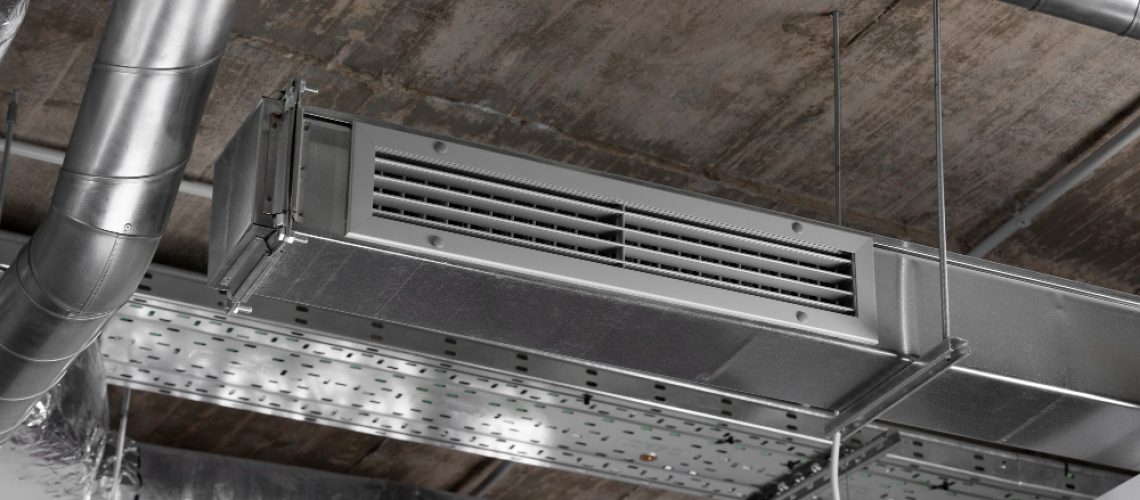Why Ventilation Systems for Factories Are Important
In industrial environments, maintaining air quality and ensuring worker safety is a top priority. A well-designed ventilation system for factories plays a crucial role in regulating air circulation, removing contaminants, and maintaining optimal temperature levels. Without proper ventilation, factories can experience overheating, excessive humidity, and a buildup of harmful airborne pollutants that can affect both employee health and equipment efficiency.
Enhancing Air Quality and Worker Safety
Factories produce a significant amount of dust, smoke, and chemical fumes that can create hazardous working conditions. A ventilation system for industrial factories helps in filtering out these contaminants, reducing the risk of respiratory issues and long-term health problems among workers. Proper ventilation also prevents the accumulation of toxic gases, ensuring compliance with workplace safety regulations.
Additionally, clean air improves worker productivity. Employees working in a fresh and comfortable environment are less likely to suffer from fatigue, dizziness, and other health issues caused by poor air circulation. A properly installed ventilation system for factories creates a healthier workspace, ultimately leading to increased efficiency and lower absenteeism rates.
Temperature and Humidity Control
Factories generate a significant amount of heat due to heavy machinery and production processes. Without adequate ventilation, excessive heat can make the working environment uncomfortable and even dangerous. A ventilation system for industrial factories plays a crucial role in cooling down these spaces by circulating fresh air and expelling hot air.
Moreover, high humidity levels can lead to condensation, which may damage machinery, cause corrosion, and create an ideal environment for mold and bacteria growth. An effective ventilation system for factories helps maintain balanced humidity levels, ensuring a safer and more efficient work environment.
Energy-Efficient Cooling Solutions
One of the biggest advantages of an advanced ventilation system for industrial factories is its contribution to energy-efficient cooling. Instead of relying solely on air conditioning, factories can optimize their ventilation systems to naturally regulate temperature and airflow. This reduces energy consumption and lowers operational costs, making businesses more sustainable.
By integrating energy-efficient cooling technologies, factories can significantly cut down on electricity usage while maintaining a comfortable indoor climate. This not only benefits the company’s bottom line but also reduces its carbon footprint, contributing to a greener and more eco-friendly industrial sector.
Compliance with Environmental and Safety Regulations
Government regulations require factories to maintain a safe and controlled working environment. A high-quality ventilation system for factories ensures compliance with workplace safety laws by effectively managing air quality and hazardous emissions. Meeting these standards helps businesses avoid fines, legal liabilities, and potential shutdowns due to safety violations.
Increasing Equipment Efficiency and Lifespan
Overheating and poor air quality can negatively impact factory equipment, leading to frequent breakdowns and maintenance issues. A well-maintained ventilation system for industrial factories keeps machinery operating at optimal levels by preventing dust accumulation and excessive heat buildup. This results in longer equipment lifespans and lower maintenance costs.
Conclusion
Investing in a high-performance ventilation system for factories is essential for maintaining a safe, productive, and energy-efficient work environment. From improving air quality and worker safety to optimizing temperature control and reducing energy costs, proper ventilation plays a vital role in industrial operations. By integrating energy-efficient cooling solutions, factories can enhance productivity while reducing their environmental impact. Ensuring a well-ventilated workspace is not just a regulatory requirement—it’s a smart business decision that benefits both employees and the company’s overall performance.


